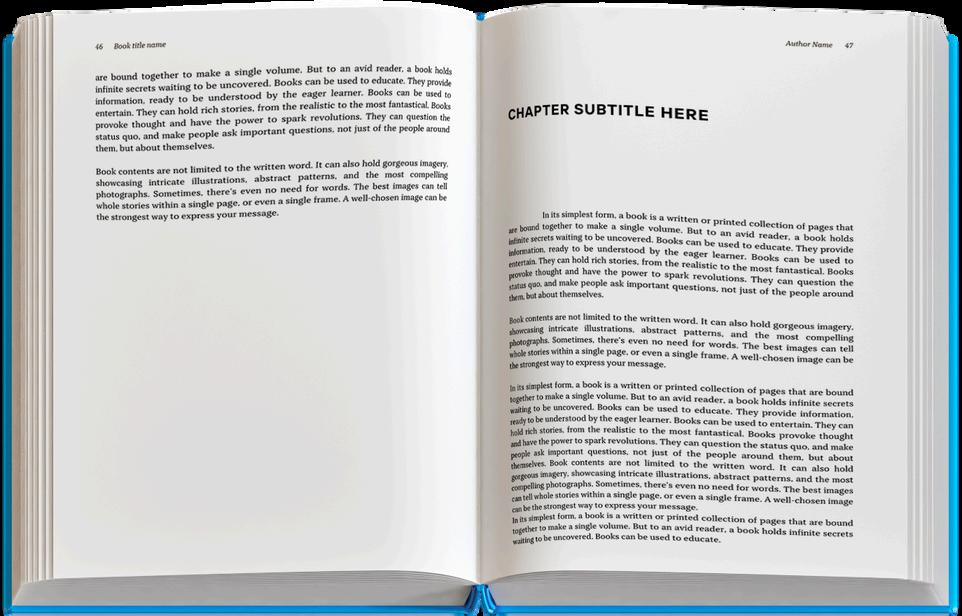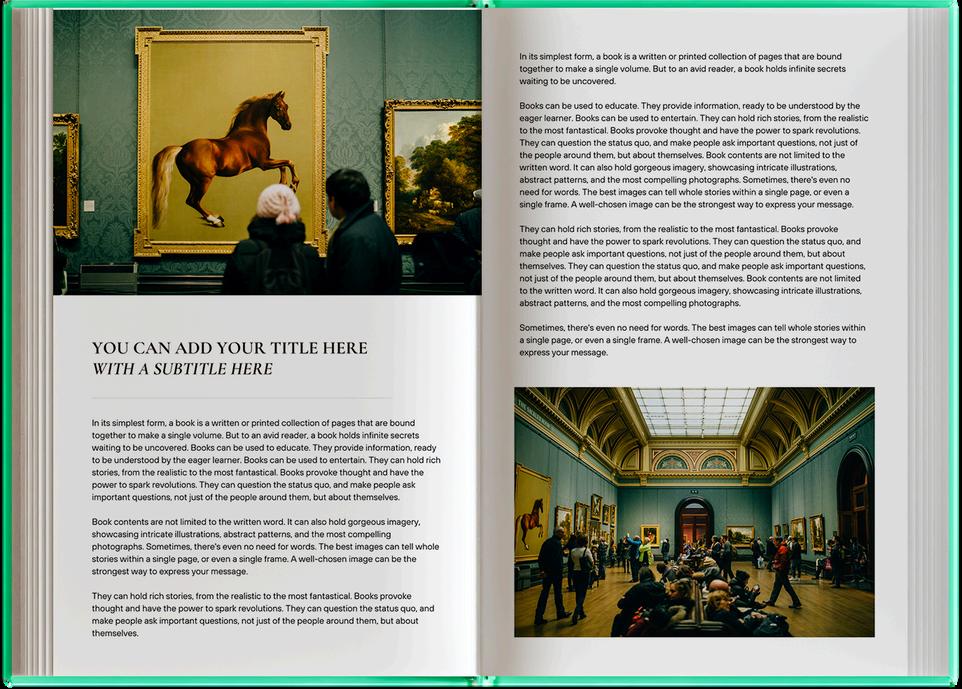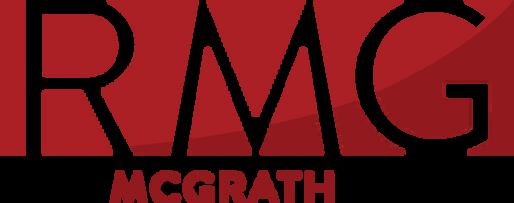Rita McGrath /
Thought Sparks

Have business books jumped the shark? The “peak book” hypothesis



Rita McGrath /
Thought Sparks

Have business books jumped the shark? The “peak book” hypothesis



Publishing a book used to be a rite of passage for would-be pundits, experts, speakers and more. Books once provided credibility, presence in the market and an audience for new ideas. But in an age where everybody has a book, has thought leadership in the management area migrated elsewhere?

1982. That’s when Tom Peters and Robert H. Waterman’s manifesto, In
Search of Excellence: Lessons from America’s Best Run Companies was published. It’s important to remember the reasons the book made such a splash.
American companies were reeling from the first waves of globalization – sending many business models into free fall as global competition from countries like Japan began to dig into American companies’ market share. Articles with titles such as “Managing Our Way to Economic Decline” were in vogue. OPEC had discovered its power.


5 or more figure speaking fees. Lots of pricing power on the advisory front. Getting access to fancy conferences. Being recognized as an authority. Being on TV. Getting moderately famous. All these things at one point were very much associated, for business authors anyway, with having a successful book. The lifestyle associated with all this came to be known as “thought leadership” in which authors shaped the conversation that others were having, became well known and were much sought after.

The book business itself is changing in interesting ways as readers consume content on other platforms and through other media. It could be a real shift in the thought leadership industrial complex.
Providing book “blurbs” is set to go the way of the dodo, at least if Simon & Schuster has anything to say about it. As humorist Christopher Buckley puts it, “The End of the Blurb. Thank God.” Sean Manning, in a “gripping” “stunning” essay explains why he will no longer require authors to beg blurbs from their circles of friends and acquaintances. As he puts it, “It takes a lot of time to produce great books, and trying to get blurbs is not a good use of anyone’s time.


If having an impact on the world and getting ideas out there is the measure of effective and authentic thought leadership, I think we are already living in the reality that it’s not just books.


Podcasts are huge. Author and marketing phenomenon Scott Galloway talks about “the podcast election” and suggests that podcasts, as opposed to traditional media, television or even books, are now pivotal. As he suggests, “New forms of media periodically reshape our culture and politics. FDR mastered radio, JFK leveraged TV, and Reagan nailed cable news. Obama energized young voters via the internet. Trump hijacked the world’s attention on Twitter. This year it was podcasting


As someone who has been trying to wrestle a book to the ground for longer than I care to think about, I certainly hope not. But as a living mechanism for influencing ideas, books have their limitations. Had I written the one I’m working on (on permissionless organizations) on my original schedule, it would have been obsolete before it ever appeared between two covers.






https://thoughtsparks.substack.com/